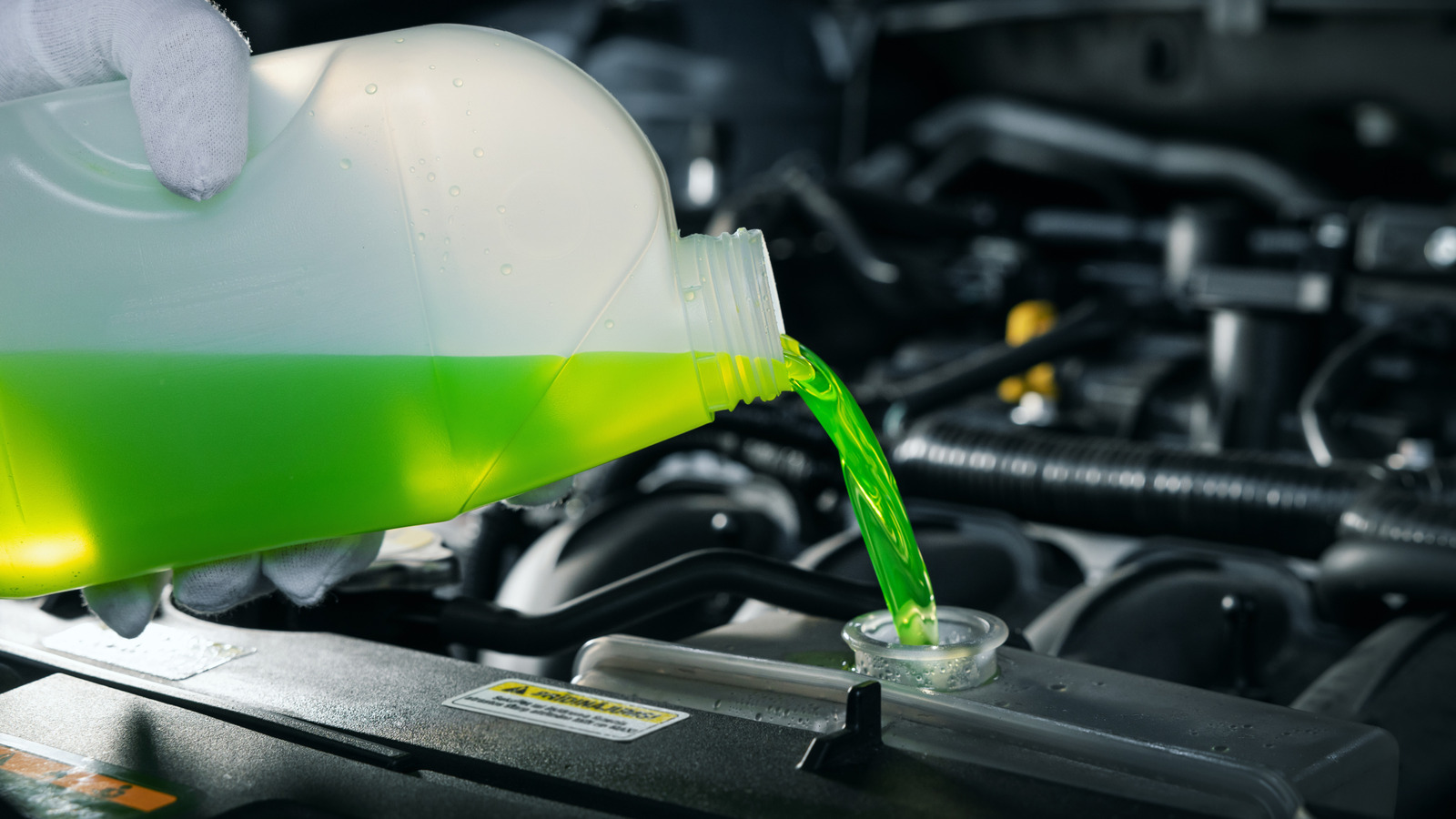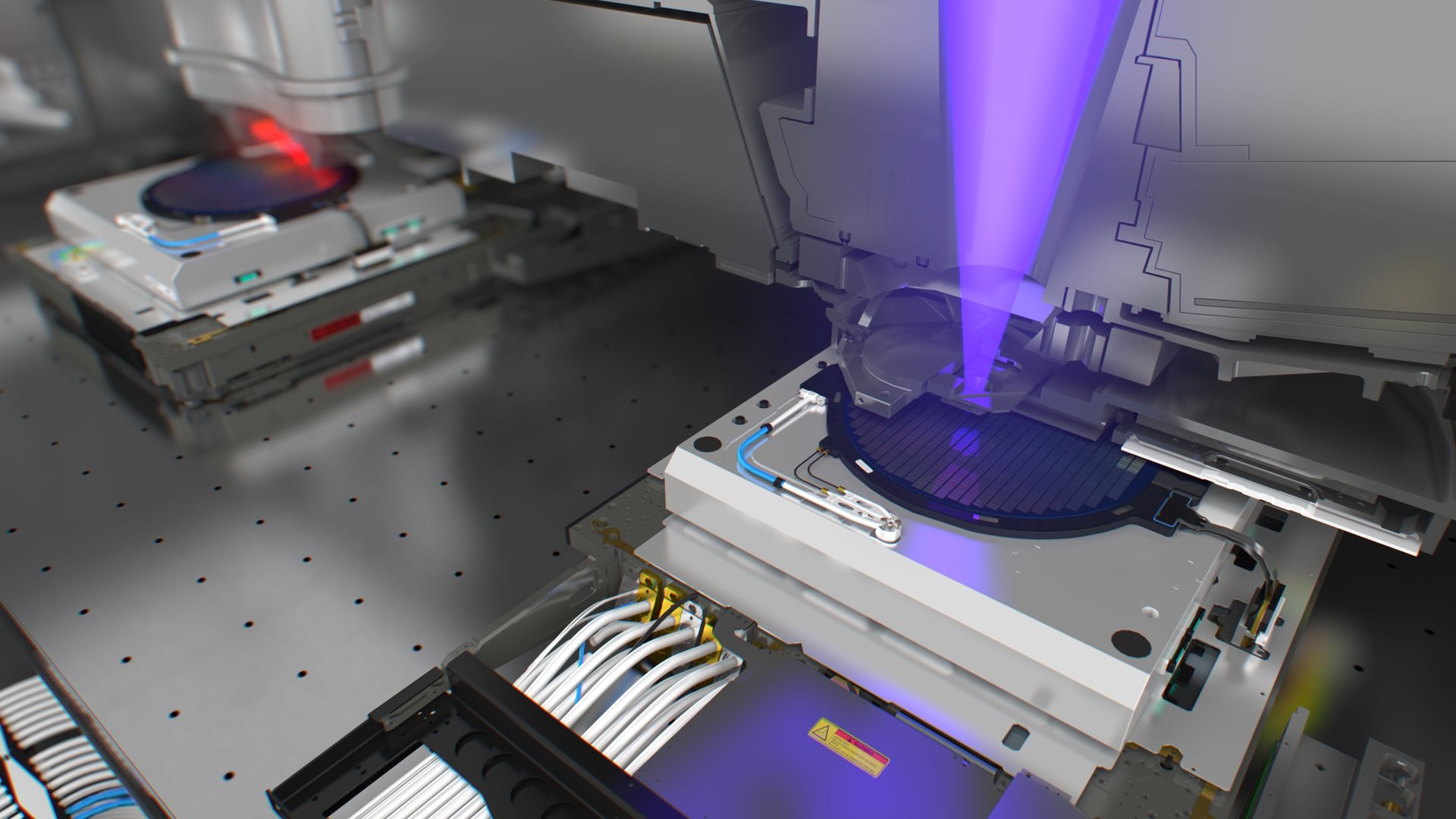Copyright jalopnik

Coolant — typically a mix of glycol, water, and additives – plays a crucial role in keeping your car running properly. It dissipates heat and keeps temperatures down in the summer, prevents your engine from freezing in the winter, and protects its components from rust and corrosion. However, leaving your coolant unchanged can cause it to lose its anti-corrosion properties, resulting in rust on the water pump, radiator, and heater core. Over time, these rust particles can build up within the cooling system's narrow passages and clog them up. Cooling system blockages can cause the engine to overheat, as they prevent the coolant from circulating properly to absorb heat from the engine and disperse it through the radiator. As such, doing a regular coolant change is key to maintaining its corrosion-preventing properties. Mechanics generally recommend changing the coolant every 30,000 miles. But the interval for changing it could be different depending on the formulation of the coolant, your car's manufacturer, and its age. Of these, the coolant type is the most vital aspect to take into account. Coolants are made using either ethylene glycol or propylene glycol as a base, with additives that provide the existing coolant with corrosion-fighting properties. For example, older cars often use a type of coolant known as Inorganic Additive Technology (IAT), which usually consists of ethylene glycol as a base, with silicates and phosphates as corrosion inhibitors. If you use this type of coolant, the suggested interval is every two years or 30,000 miles, whichever comes first. Toyota, for one, recommends following that schedule if you use a traditional coolant with silicates. However, it's always best to check your owner's manual for specific recommended intervals. And remember, an open bottle of coolant doesn't last forever.



